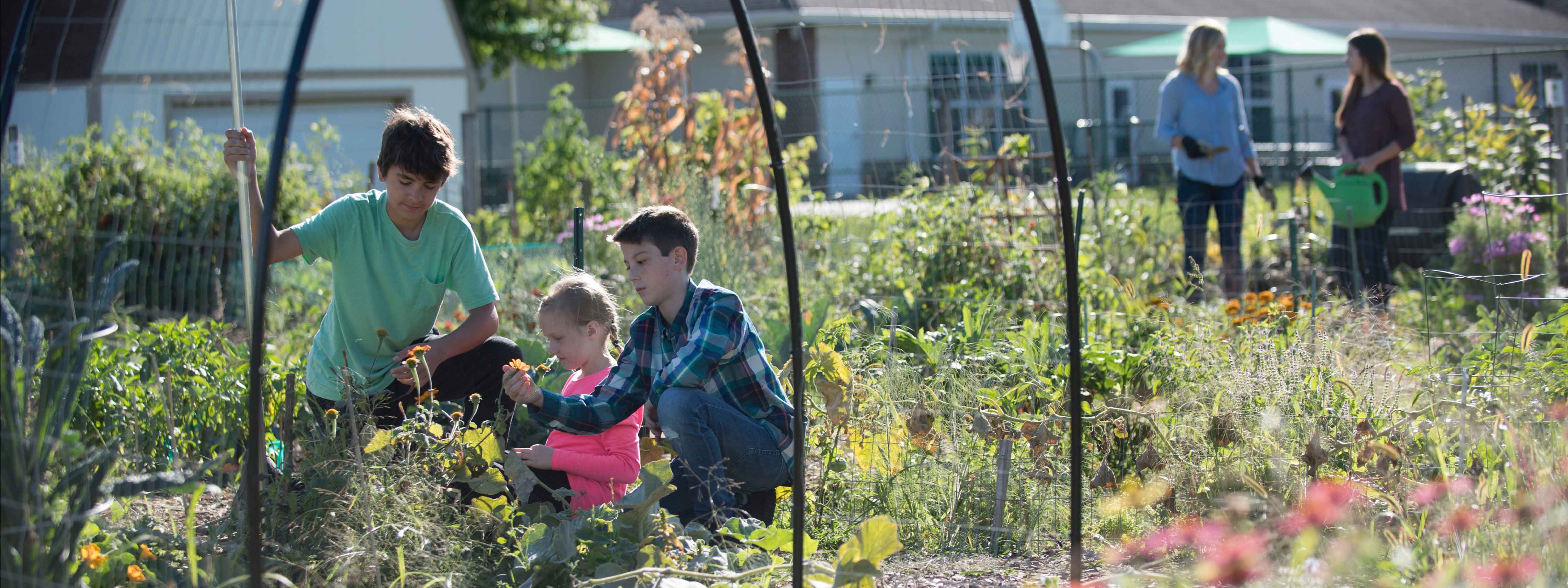Fostering Economic Stability – Communities Working Together to Drive Progress

So often my travels leave me weaving alongside desolate country roads that are sparsely populated and towns that are blighted with empty, dusty storefronts. Signs that at one time proudly said “Open” now dangled by a single chain, the storefront pleading for its life for any low rent tenant that might re-inhabit, for even a brief moment, to breathe a fresh breath of life back into Main Street.
Communities throughout Indiana are recognizing a few common themes, including quality of life and regionalism, which will help them grow. Although many challenges still exist, the fact that communities are now beginning to bond and work together speaks volumes that hope does in fact exist.
Some county economic development corporations are working with local programs to identify second-stage companies for economic gardening. According to the Edward Lowe Foundation, “economic gardening takes an entrepreneurial approach to regional prosperity. Often referred to as a ‘grow from within’ strategy, it helps existing companies within a community grow larger. In contrast to traditional business assistance, economic gardening focuses on strategic growth challenges, such as developing new markets, refining business models and gaining access to competitive intelligence. Economic gardening specialists help CEOs identify which issues are hindering their growth and then leverage sophisticated tools to deliver insights and information that CEOs can apply immediately.”
Other county economic development corporations realize they need to partner with universities to help with stage one and two companies on business retention and expansion strategies. The EDCs have consumed their time chasing larger companies and corporations and not fostered the stage one and stage two companies that are primed for growth. This is a great chance for the EDC and the university to partner to help those companies grow, a win-win for everyone involved, especially the community, as jobs and revenue are added locally.
Another aspect that I have the opportunity to witness is helping communities identify creative ways to foster entrepreneurism. One community in southern Indiana is exploring if an incubator might be the right fit for them. That question hasn’t been answered yet but the fact they asked it is a step in the right direction.
Regardless of the direction of the community and what objective they have selected, each community has realized they can’t do all the heavy lifting by themselves and that is why it is critical to have local partners and stakeholders at the table. I have seen agricultural representatives, lenders, the ISBDC, SCORE, higher education institutions from every corner and part of the state working toward a common goal. The collaboration and cohesive bonding means that in time and with proper momentum, communities will move mountains.
When you think about where you live and how to change things, realize that it takes a risk that often gets people to react and get things done. Purdue Extension Community Development can guide you through the process to help retain and expand businesses in the community through our economic and development programs.
BUSINESS RETENTION & EXPANSION
Heather Strohm is a community development regional educator for the Southwest Region of Purdue University Extension who regularly contributes a Business Cents column for the Terre Haute Living. She can be reached at strohmh@purdue.edu.


